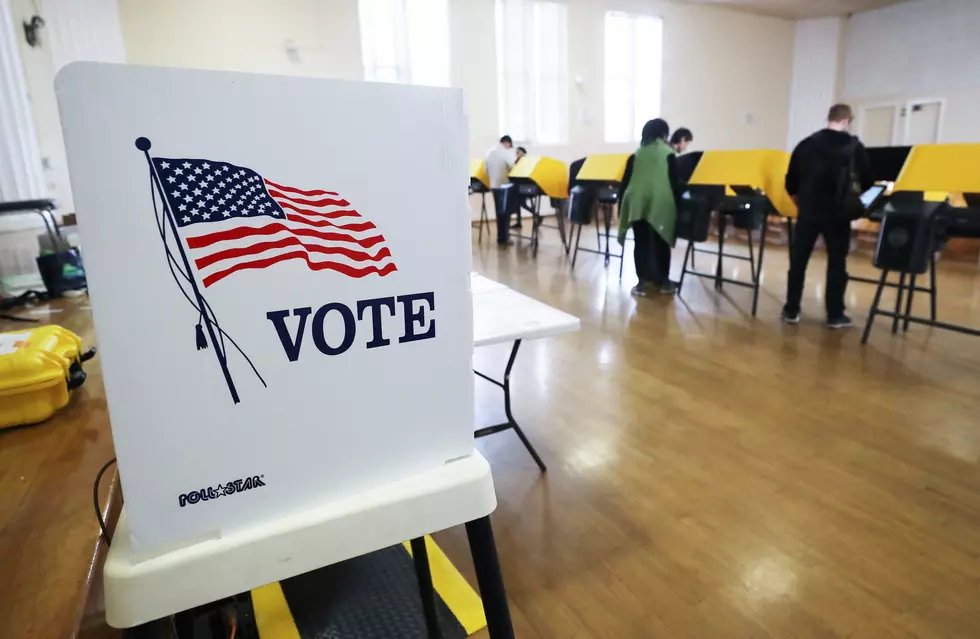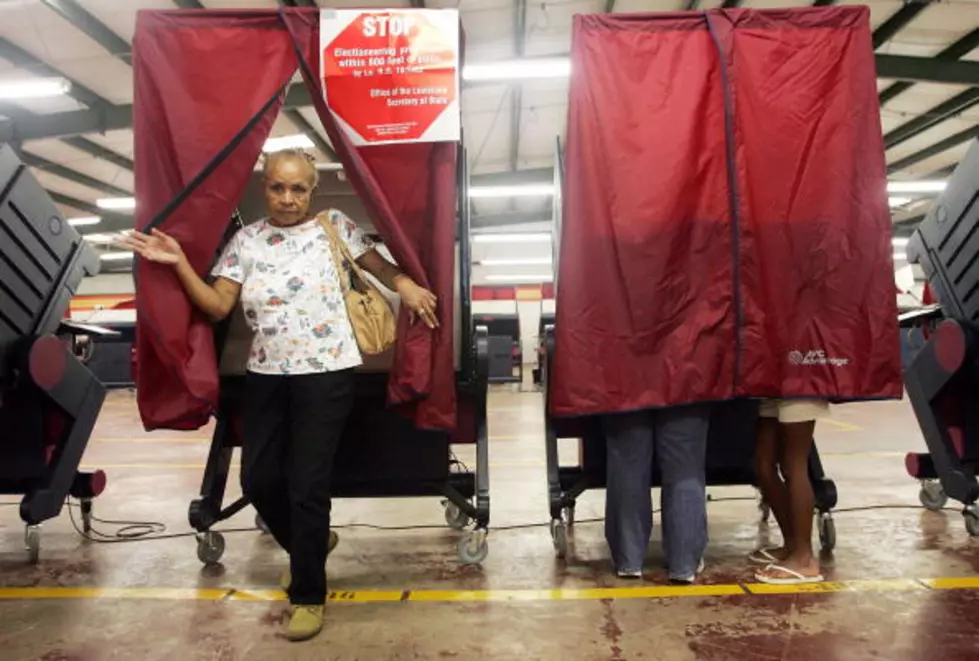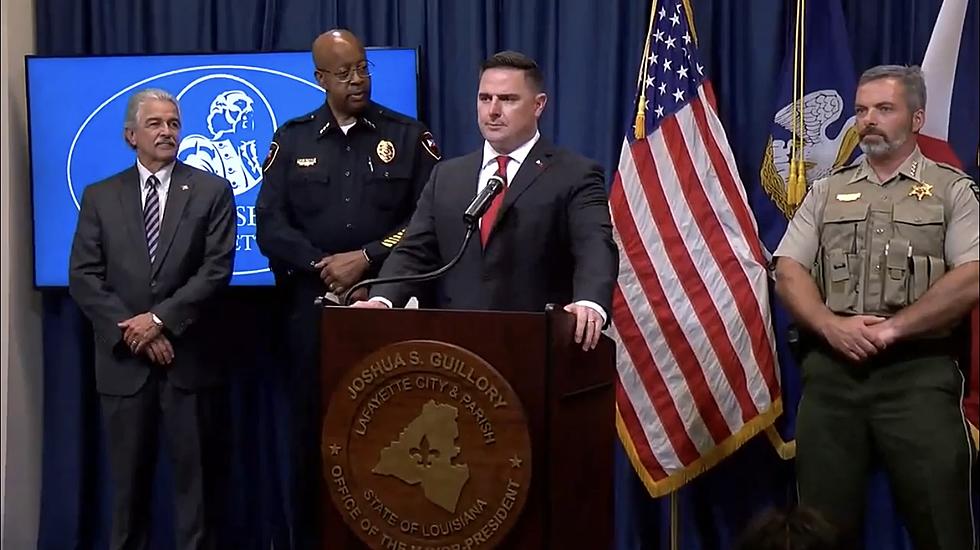
Slavery Is On The Ballot In Louisiana, But There’s A Problem
LOUISIANA (KPEL News) - What started out as a ballot initiative meant to outlaw slavery from the penal system might actually do the opposite.
Several states have put the issue of slavery on the ballot ahead of election day in November. Lawmakers in Alabama, Louisiana, Oregon, Tennessee, and Vermont voted to put an amendment to their respective states' constitutions to completely disallow slavery in their states.
Tennessee is putting forward an amendment that states “Slavery and involuntary servitude are forever prohibited. Nothing in this section shall prohibit an inmate from working when the inmate has been duly convicted of a crime.”
Alabama and Vermont are pushing for similar language, while Oregon is changing the language in its constitution to allow for alternatives.
Alabama is asking voters to delete all racist language from its constitution and to remove and replace a section on convict labor that’s similar to what Tennessee has had in its constitution.
Vermont often boasts of being the first state in the nation to ban slavery in 1777, but its constitution still allows involuntary servitude in a handful of circumstances. Its proposed change would replace the current exception clause with language saying “slavery and involuntary servitude are forever prohibited in this State.”
Oregon’s proposed change repeals its exception clause while adding language allowing a court or probation or parole agency to order alternatives to incarceration as part of sentencing.
What About Louisiana?
Here, though, the situation is a bit more complicated.
Rep. Edmond Jordan of Brusly originally authored Act 246 in this year's legislative session. It passed and was put on the ballot for November, asking voters to get rid of any form of slavery in the criminal justice system. Louisiana is one of several states that have these initiatives on the ballot - joining Alabama, Oregon, Tennessee, and Vermont.
However, as Jeremy Alford pointed out in his LaPolitics Weekly newsletter, the wording could have the opposite effect.
"I’m going to vote against it," said Rep. Edmond Jordan, the author of Act 246 from this year’s regular session. "In my opinion, it could be interpreted by some to create new opportunities for slavery and involuntarily servitude as it’s drafted. Rather than risk that interpretation, I would prefer to come back next year with a clean version that would not be subject to that interpretation.”
Jordan, a Democrat from Brusly, said he came to this conclusion only recently, while reviewing the proposed ballot language: "Do you support an amendment to prohibit the use of involuntary servitude except as it applies to the otherwise lawful administration of criminal justice?"
The current language in the Constitution allows for an exception only for a "punishment for crime."
That language, according to critics, is ambiguous and addresses an issue that is already mostly resolved by the U.S. Constitution, which outlaws slavery.
"It’s a dangerous game to invite interpretation of ambiguous language," Mary-Patricia Wray, a professor at Tulane Law School, told LaPolitics. "Especially on a matter of law and public opinion which is so well settled."
According to USAToday, the initiative is part of a larger criminal justice reform plan seen across the country.
Criminal justice reform advocates say the referendums are more than symbolic, and could spark larger changes for people who are incarcerated, such as paying them higher wages for prison work or ending forced labor altogether.
In 2018, voters in Colorado, Nebraska and Utah overwhelmingly struck down slavery and involuntary servitude through ballot initiatives.
Legislation has been introduced in California, Florida, New Jersey, Ohio and Texas to put similar ballot questions before voters in future elections.
Rep. Alan Seabaugh, however, argued during the session that the amendment wasn't necessary.
"If the amendment passes, you could see someone sentenced to slavery," said Seabaugh during the 2022 session. "But ultimately that would be pointless, like this whole debate, because the U.S. Constitution addresses this issue."
Jordan told LaPolitics that he is encouraging groups like the ACLU to not engage with this issue this election cycle. He is also asking voters not to vote for the amendment. Instead, he wants to bring it back before the legislature and fix the language next year.
The Top News Stories For The Week Of October 31
Fighting Fentanyl: Huge Arrests Made Across Acadiana in 2022
More From 99.9 KTDY










